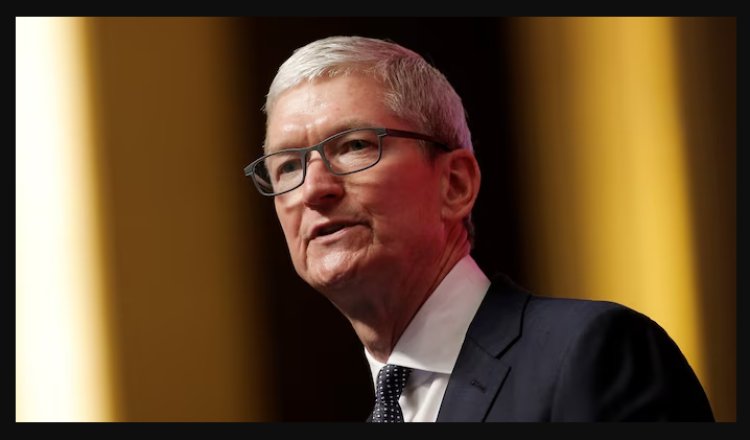Will tariffs increase the cost of iPhones? Tim Cook discloses
Apple recently discussed the tariff imposed by the United States and how it affects its operations.

Highlight
- Tariffs imposed by the US will cost Apple $900 million.
- The company plans to move the production of iPhones to Vietnam and India.
- The iPhone's price is steady for the time being, but the future is unclear.
Apple finally shared some information about the effects of the US-imposed tariffs on its business and their potential future effects during the most recent earnings call. Tim Cook said tariffs had little impact on Apple's March quarter results because the company was able to effectively manage inventory and streamline its supply chain.
ChatGPT is making a splash again, after Ghibli, now it is making black and white photos colorful
However, given the continued uncertainty, he admitted that it is still challenging to predict the possible impact in the June quarter. Apple estimates that the current tariff regime will result in an additional cost burden of about $900 million.
Apple is optimistic that it will be able to withstand this impact for the time being, though. "As for the pricing piece, we have nothing to announce today," Cook stated during the meeting. I'll just state that the operational team has done a fantastic job of streamlining the inventory's supply chain, and we will undoubtedly keep doing things as best we can.
Will iPhone prices rise?
The future is uncertain, despite Apple's confirmation that the tech giant is currently bearing the costs associated with the US-imposed tariffs.
Elon Musk's xAI Holdings is on the verge of raising a record $20 billion, second only to OpenAI.
To prevent it from affecting its customers, Apple has also taken action to lower the additional expense.
The business is rapidly moving its manufacturing operations out of China, increasing production of goods for the US market in India and looking into other hardware lines in Vietnam. The White House may eventually concentrate on Apple's other supply chain nations if it wants to persuade the company to increase its production in the US, but tariff exemptions are not guaranteed to last.
Cook clarified that Apple will keep diversifying its supply chain away from China in the interim. "We discovered a while back that there was too much risk involved in having everything in one place," he continued.
While Macs, iPads, AirPods, and the Apple Watch are made in Vietnam, Apple already sources more than half of its iPhones sold in the US from India.
ChatGPT is making a splash again, after Ghibli, now it is making black and white photos colorful
The prices of Apple products are currently stable, but they could quickly change depending on how trade policy develops.
Donald Trump’s tariff on Chinese imports
To begin with, the US president imposed a 14% tariff on imports from China, which might have had a significant effect on tech firms such as Apple, which sources the majority of its iPhones from China. Trump, however, only issued a second statement a few days later, claiming that computers, smartphones, and other tech components are exempt from this regulation. In order to give the companies enough time to relocate, the White House took this action.
It has been suggested, however, that the exclusion may not last forever, meaning that the tech devices and components may soon be subject to a different tariff, most likely a lower one for China.
OpenAI GPT-4o: We will know what OpenAI said about its new model GPT-40.













